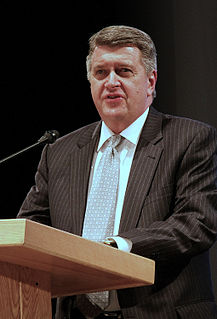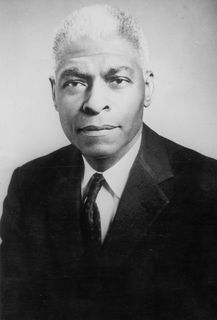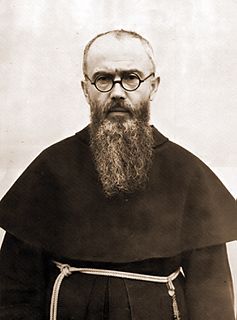A Quote by Ezra Taft Benson
Would we not do well to have the pleasing of God as our motive rather than to try to elevate ourselves above our brother and outdo another?
Related Quotes
The misfortune of others is our misfortune. Our happiness is the happiness of others. To see ourselves in others and feel an inner oneness and sense of unity with them represents a fundamental revolution in the way we view and live our lives. Therefore, discriminating against another person is the same as discriminating against oneself. When we hurt another, we are hurting ourselves. And when we respect others, we respect and elevate our own lives as well.
We must remember that much spiritual growth does not occur suddenly but rather through time and experience. The encouraging message of the gospel is that God does not often require us to perform sensational or extraordinary deeds but rather to try to do better today than we did yesterday. He is mindful of our desires, our determination, and our direction as well as of our deeds.
Vanity is so frequently the apparent motive of advice that we, for the most part, summon our powers to oppose it without very accurate inquiry whether it is right. It is sufficient that another is growing great in his own eyes at our expense, and assumes authority over us without our permission; for many would contentedly suffer the consequences of their own mistakes, rather than the insolence of him who triumphs as their deliverer.
Each one of us will travel a different road during this life. Each progresses at a different rate. Temptations that trouble your brother may not challenge you at all. Strengths that you possess may seem impossible to another. Never look down on those who are less perfect than you. Don't be upset because someone can't sew as well as you, can’t throw as well as you, can't row or hoe as well as you. We are all children of our Heavenly Father. And we are here with the same purpose: to learn to love Him with all our heart, soul, mind, and strength, and to love our neighbor as ourselves.
?What you do in your house is worth as much as if you did it up in heaven for our Lord God. We should accustom ourselves to think of our position and work as sacred and well-pleasing to God, not on account of the position and work, but on account of the word and faith from which the obedience and work flow.
When we believe that we ought to be satisfied, rather than God glorified, we set God below ourselves, imagine that He should submit His own honor to our advantage; we make ourselves more glorious than God, as though we were not made for Him, but He made for us; this is to have a very low esteem of the majesty of God.
It happens every millennium. Now more than ever, man threatens to destroy himself with his own technology, and all the ideas contained within Big Brother exist within Little Brother. We're all watching ourselves. We are our own oppressors. This is a time when an idea like God is needed more than ever. For me, I've found that God exists within yourself and what you create. The only thing we've got to look forward to is saving ourselves
Trusting God's grace means trusting God's love for us rather than our love for God. [...] Therefore our prayers should consist mainly of rousing our awareness of God's love for us rather than trying to rouse God's awareness of our love for him, like the priests of Baal on Mount Carmel (1 Kings 18:26-29).
God never estimates what we give from impulse. We are given credit for what we determine in our hearts to give; for the giving that is governed by a fixed determination. The Spirit of God revolutionises our philanthropic instincts. Much of our philanthropy is simply the impulse to save ourselves an uncomfortable feeling. The Spirit of God alters all that. As saints our attitude towards giving is that we give for Jesus Christ's sake, and from no other motive.
Niepokalanow is a home like Nazareth. The Father is God the Father, the mother and mistress of the home is the Immaculata, the firstborn son and our brother is Jesus in the most Holy Sacrament of the altar. All the younger brothers try to imitate the elder Brother in love and honor towards God and the Immaculata, our common parents, and from the Immaculata they try to love the divine elder Brother, the ideal of sanctity who deigned to come down from heaven to be incarnated in her and to live with us in the tabernacle.
None of us has ever seen a motive. Therefore, we don't know we can't do anything more than suspect what inspires the action of another. For this good and valid reason, we're told not to judge. Tragedy is that our attention centers on what people are not, rather than on what they are and who they might become.









































